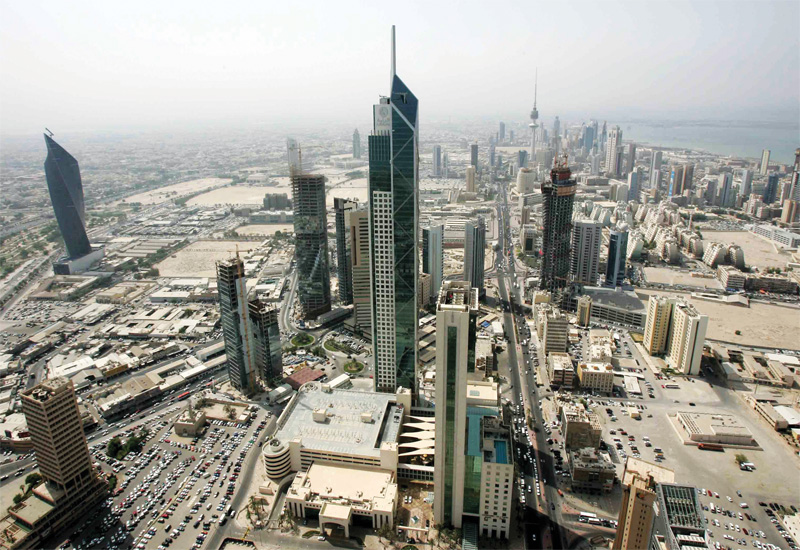 The experts said that while there is governmental instability, private firms are hesitant to develop major projects in Kuwait.
The experts said that while there is governmental instability, private firms are hesitant to develop major projects in Kuwait.
With a stagnating clientele and little sign of growth, why exactly are hotel groups entering the country? Hotelier Middle East discovers the gaps in the market and how companies can turn a profit
In a region that has been divided by unrest and uprisings over the past few years, there have been two very different narratives. On one hand, there are the hard-hit resorts of Lebanon and Egypt, while on the other, you have the success stories, such as Dubai and Doha, each benefiting from an increase in both business and leisure traffic.
However, Kuwait is a distinctly different story. Yes, it saw a little trouble, but the largely wealthy citizens seem to have little to complain about. Nonetheless, even with a large amount of money floating around, the hotel and tourism industry hasn’t seen much of a pick-up since back in 2008 when the financial crisis first hit.
The latest figures released by hotel consultancy firm TRI Hospitality Consulting show that from January to July, inclusive, occupancies in the country have dropped by around 5.5% to an average of 56.5% compared to the same period last year.

| Advertisement |
Rashid Aboobacker, senior consultant at TRI Hospitality, says: “The interesting thing in Kuwait is that you don’t expect rates to drop heavily on average days, because there is a party of hotel owners who have a rate agreement – they’ve fixed minimum room rates for five-star and four-star hotels, so hoteliers don’t sell below that rate. The occupancy rate is nowhere close to other big cities, but room rates haven’t dropped much.”
New Properties
With comparatively low occupancies, and no major tourism infrastructure projects in the immediate pipeline, it may come as a surprise that many operators are expanding − or even entering − the market.
The next planned opening for the country will be Hilton’s second property there − the 218-room Hilton Olympia, due to open in Q4. Following this will be Jumeirah’s Kuwait debut in Q1 2013 − the 399-key Messilah Beach Hotel and Spa, and already planned for 2014 are the 240-key Staybridge Suites and the 350-room Monarch Hotel.
The upcoming Jumeirah property will be the group’s first in the Middle East outside of the UAE. “Kuwait is an important feeder market for many Jumeirah properties and it makes sense to bring our brand to this market,” explains Jumeirah Messilah Beach Resort and Spa general manager Mark Griffiths. “We are managing the hotel on behalf of the developers who came to us with the opportunity due to our long-term relationship with them.”
Michael Koth, director of operations in the Northern Gulf for IHG, explains that in many instances in the country, it is not market research or operator knowledge that drives the choice of new builds, but the wants of local investors instead.
“We’ve seen it in other countries in the GCC – there was first a saturation of five -star properties, before people saw it was a wise investment to go with branded, limited service hotels. In general, it’s a question between commercial ownership and emotional ownership.”
Within Koth’s jurisdiction, there is one new hotel coming online – Kuwait’s first InterContinental hotel, in 2013. This will join two Holiday Inns and a Crowne Plaza, which is currently undergoing a 200-room extension.
“[The Holiday Inns] are doing fabulously well. They are performing above Kuwait’s market average. I think the segment of four-star hotels with a little bit more of a limited service is a very strong sector. Probably the extension in supply is coming more from the five star sector, so it will be a little bit more competitive on top of the mountain.”
Christopher Hewett, consultant at TRI Hospitality Consulting, explains: “These [new properties] were looked at before the financial crisis kicked in, when people saw Kuwait as an original corporate centre. Things have changed and government issues are compounding that and reducing the amount of demand coming into the city.”
Article continues on next page ...








 Search our database of more than 2,700 industry companies
Search our database of more than 2,700 industry companies









